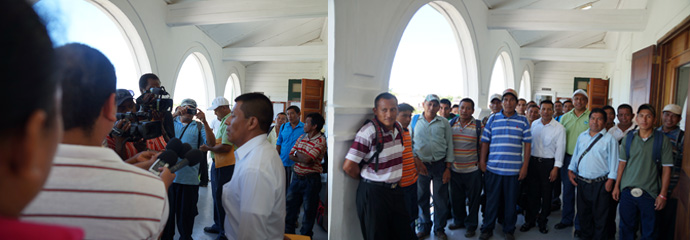Position available immediately
Finance and Administration Manager
SATIIM is an indigenous community-based organization, which promotes and protects the rights of Indigenous Peoples and safeguard the ecological integrity of the Sarstoon Temash Region and promote the sustainable use of its resources for its Indigenous Peoples economic, social, cultural, environmental, and spiritual wellbeing.
SATIIM is looking for a highly motivated individual for the position of finance and administration manager. The manager’s primary responsibility will be to ensure the effective and efficient financial and administrative functions of SATIIM. The manager will play a critical role in collaborating with the Executive Director and Board in strategic decision-making and operations as SATIIM continues to enhance its quality programming and build capacity. The manager leads, develops, and supervises an internal team to support the following areas: finance, business planning and budgeting, administration and human resources and management.
SATIIM is looking for an individual that has the following skills and qualifications
- University degree in finance, accounting or other related field
- Three or more years of financial management and staff administration in an NGOs is required
- Proven experience in working with Quick books accounting software is required
- Demonstrated experience and skills with budget preparation and analysis, financial reporting preparation and presentation and the proven ability to translate technical financial data into informative reports
- Strong accounting skills and experience
- Prior management experience and strong organizational skills
- Fluent in oral and written English
- Experience in grants management and an understanding of donor regulations is an advantage
- Ability to prioritize multiple tasks and meet deadlines
- Result orientated and organizational capacity.
- Ability to work with a team in an intense environment
Interested individual can obtain copies of detail TOR for the position by writing to [email protected]
Interested individual should send their application with three references clearly labeled: Finance and Administration position to Administrative Secretary at 81 Main Street, Punta Gorda. Or email documents to [email protected] Only finalists will be contacted.
Deadline for application is Tuesday November 26, 2013.




